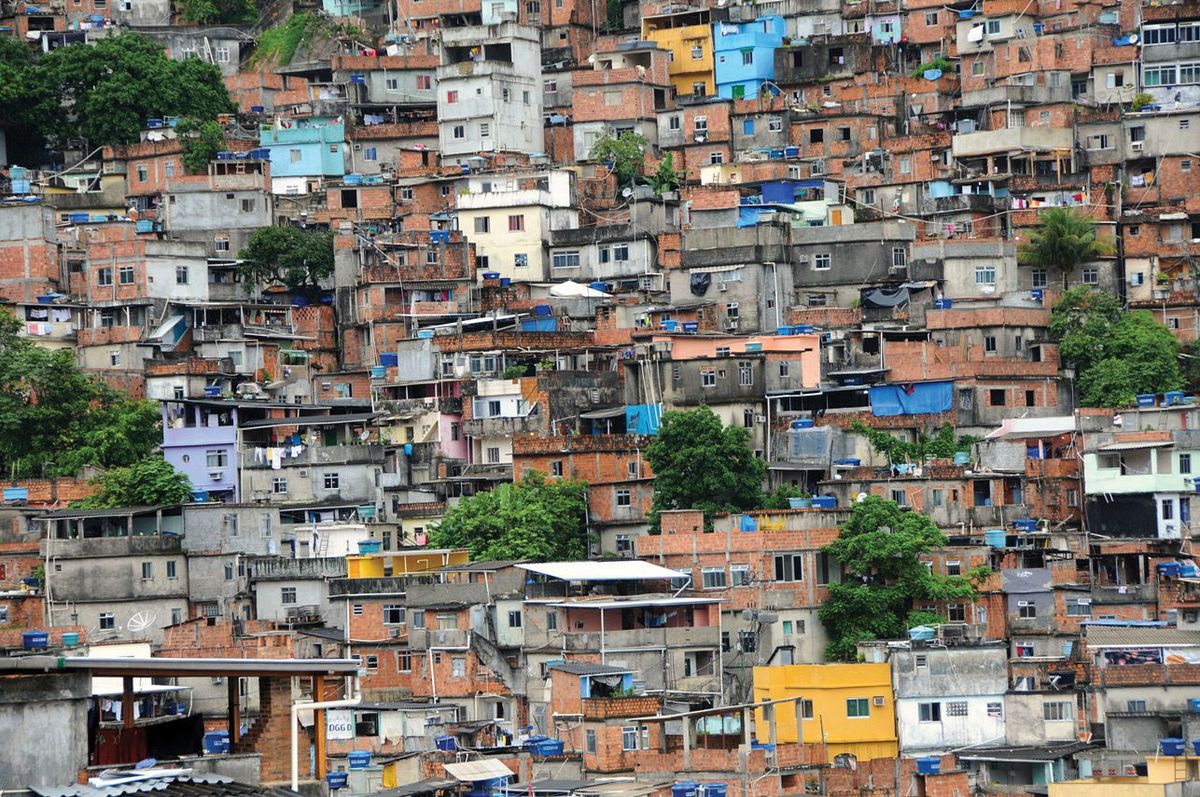On Microsoft Excel, Big Software, and Brazilian Favelas.

I often telling people designing for Excel is more like urban design than anything else. Because like a city, big software is a messy, chaotic system that is constantly evolving with millions of opinionated inputs by passionate, feeling, needy inhabitants and feisty, exuberant, competent and just as often, incompetent (but well-meaning) builders.
And this: How Would You Build Up a City from Components?
Like a city, big software is a living, breathing, often slow moving thing that requires a very different mindset than that required for designing a book or a chair or a house or any other artifact that has a finite endpoint. So how do you design big software? I am learning that it takes more political charm than design talent. More spontaneous, shifting kit-of-parts than immaculately planned, solid structure.
“The art of politics is a curious business. It combines, as no other profession or occupation does, rigorous reasoning, sincere emotions and extroverted body language, with what are sometimes painfully cold, slow and planned strategic interactions. It is about leading, but not directing: What people love most is when you write on the blackboard a risky first half of a sentence and then recognize their freedom to write the other half.” – The Art of Changing a City
and also:
“As a consequence of the historic lack of regulation that defines informality, favelas are partly characterized by their strong flexibility. The capacity to adapt to a specific context differentiates them from formal housing which is planned and built following a rational project with specific targets for the buildings, such as a specific number of residents or their integration to the city. In opposition, informal settlements are characterized by an organic and evolving architecture, constantly adapting to a topology, a context, and most importantly to the needs of residents.
While the rigidity of planned housing causes it to decay in the long term, favelas can be easily modified, facilitated by the use of cheap and largely accessible materials, allowing them to evolve quickly in their environment.” – Qualities of Urban Informality: Case Study of Rio’s Favelas